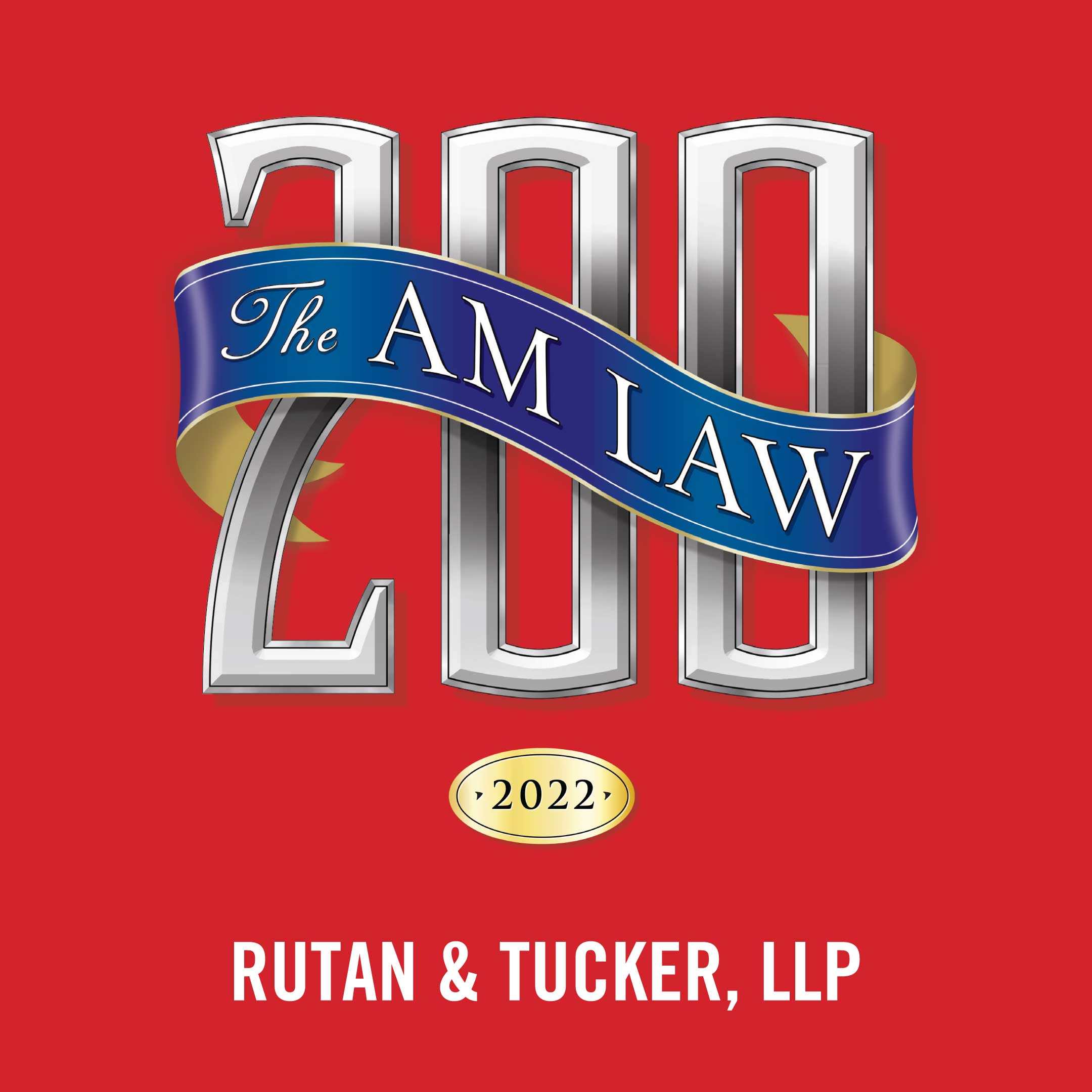Employers must act now and review their arbitration agreement and separation agreement to ensure compliance with two important changes in Federal and California law.
Federal Law Now Prohibits Pre-Dispute Arbitration Agreements Of Sexual Assault And Sexual Harassment Claims
On March 3, 2022, President Biden signed into law H.R. 4445, the “Ending Forced Arbitration of Sexual Assault and Sexual Harassment Act of 2021,” which amends the Federal Arbitration Act. This new federal law allows employees to elect to invalidate pre-dispute arbitration agreements and pre-dispute class/collective action waivers in cases involving sexual harassment or sexual assault claims. This means that employers can no longer unilaterally enforce arbitration in sexual harassment and sexual assault claims. Parties can still agree to arbitrate the dispute after the claim has been made (i.e., a post-dispute agreement to arbitrate).
California Law Limits Non-Disparagement Provisions In Separation Agreements And Imposes Counsel Review Rights
Effective January 1, 2022, the California Fair Employment and Housing Act was amended to make it an unlawful employment practice for an employer to include either of the following in a separation agreement:
- Any provision that prohibits the disclosure of information about unlawful acts in the workplace; and
- A non-disparagement or other contractual provision that restricts an employee’s ability to disclose information related to conditions in the workplace unless the following language is also included: “Nothing in this agreement prevents you from discussing or disclosing information about unlawful acts in the workplace, such as harassment or discrimination or any other conduct that you have reason to believe is unlawful.”
These limitations also apply to non-disclosure and non-disparagement agreements required as a condition of employment.
In addition, an employer offering a separation agreement must now inform the employee of their right to consult with an attorney regarding the agreement and allow at least five business days for them to do so. (Note that employees age 40 or older were already entitled to a longer review period — 21 or 45 days depending on the circumstances — and revocation rights under the federal Older Worker Benefit Protection Act.)



